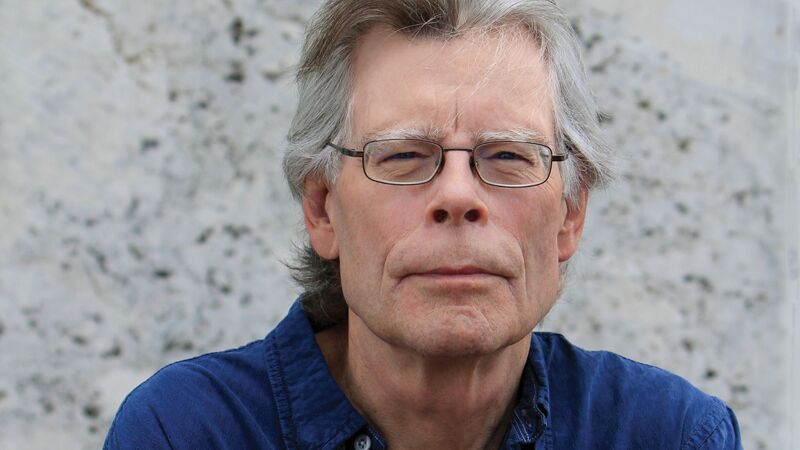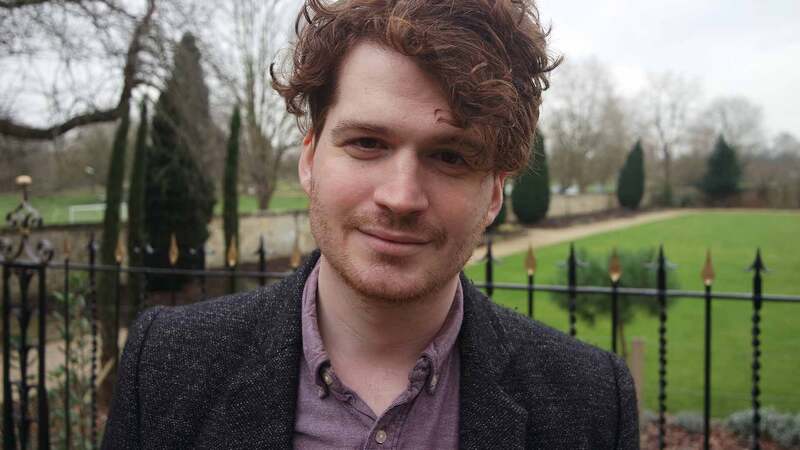You are viewing your 1 free article this month. Login to read more articles.
Crowded market, poor retailing and ‘worthy books’ behind fall in YA sales
Publishers need to acquire fewer Young Adult titles, publish fewer "issue" books and invest more in marketing, trade figures have said following the news that sales of YA titles through Nielsen dropped by 21.5% in the UK in 2018.
Last year was the worst in 11 years for the YA Fiction sector in terms of value, which fell by £6.2m to £22.5m, and the worst in terms of volume, which dropped by 26.1% to 3.3 million unit sales.
Author Lucy Ivison, who is also a librarian at a girls’ school in London, said there was a discrepancy between which books are published and what young people want to borrow from libraries. She runs a romance book club and her pupils ask for titles by teen authors Sophie McKenzie, Huntley Fitzpatrick and Jenny Han, yet they find many of the YA books being published a bit "worthy", she said.
"They all love Sophie McKenzie’s books—she’s massive, but no one talks about her. They don’t come in and say: ‘I want to read this incredibly worthy book.’ They go to school all day and they often want something fun in the evenings. We don’t even follow many of the prize lists any more, they just don’t want to read the books."
A children’s author, who wished to remain anonymous, said a broader range of topics needed to be addressed, which could be achieved by publishers recruiting a more diverse workforce. Estimating that "at the moment, 90% of children’s book editors are young, middle-class, white women", they stated: "The way ahead must be diversity. That means more working-class books by the likes of Phil Earle, fun young-women’s fiction like that of Jo Nadine, and cultural diversity from Patrice Lawrence and Catherine Johnson."
US authors L-R Karen McManus and Angie Thomas had the two bestselling YA titles of 2018
A crowded market
Literary agent Molly Ker Hawn said many YA novels were failing to reach decent sales figures because the market is overcrowded. "As an industry, we overpublish," she said, something that The Bookseller’s children’s previewer Fiona Noble agreed with. "There are too many books published across the board, but especially in YA. The vast majority disappear without trace," Noble said.
Ker Hawn said the "brutal" decline of school libraries had also affected the market, because many don’t have the budget to buy books or pay trained librarians. Retail outlets could also do more, she said. "I was in a Waterstones branch not long ago and the ‘Staff Recommends’ cards on the YA shelves were for backlist books by Michael Grant and Cassandra Clare—two US authors who are already bestsellers. That didn’t leave me feeling like that shop cared much about selling YA."
Freelance PR specialist Nina Douglas said opportunities for PR coverage in the sector have "all but disappeared", and author C J Daugherty said publishers aren’t spending money on marketing. "Night School [Daugherty’s series with Atom] had no marketing spend in the UK, but Germany, France and Poland all did stellar PR and marketing for the series. In Germany, the publisher built a website for the series, with Jpegs teens could download. They did outreach to schools and orchestrated huge giveaways. They paid for print and TV ads to target adults. One year they gave away a term in a UK boarding school to one winner."
Money talks
Sally Nicholls said publishers also needed to pay YA authors more. "Most of the UK YA authors I know are leaving YA and going to [write] children’s or adults... Advances are awful in YA—awful. I know of authors who were offered advances of £1,000 for a full-length novel. That’s not sustainable; it’s insulting."
For agent Jodie Hodges, another problem is confusion about what YA is and who those books are for. "I met an American woman last week who she said she read YA as if it were a genre.
I think that’s how Americans see it, and that’s why it works better over there. We’ve messed it up."
Author Will Sutcliffe said teenagers "just don’t want to go anywhere near anything that is bracketed with children’s books". He added: "They want things that feel adult. The fastest way to get my 15-year-old interested in a book is the phrase ‘you’re probably too young for that’. Any whiff of childishness in the marketing is deadly."


















